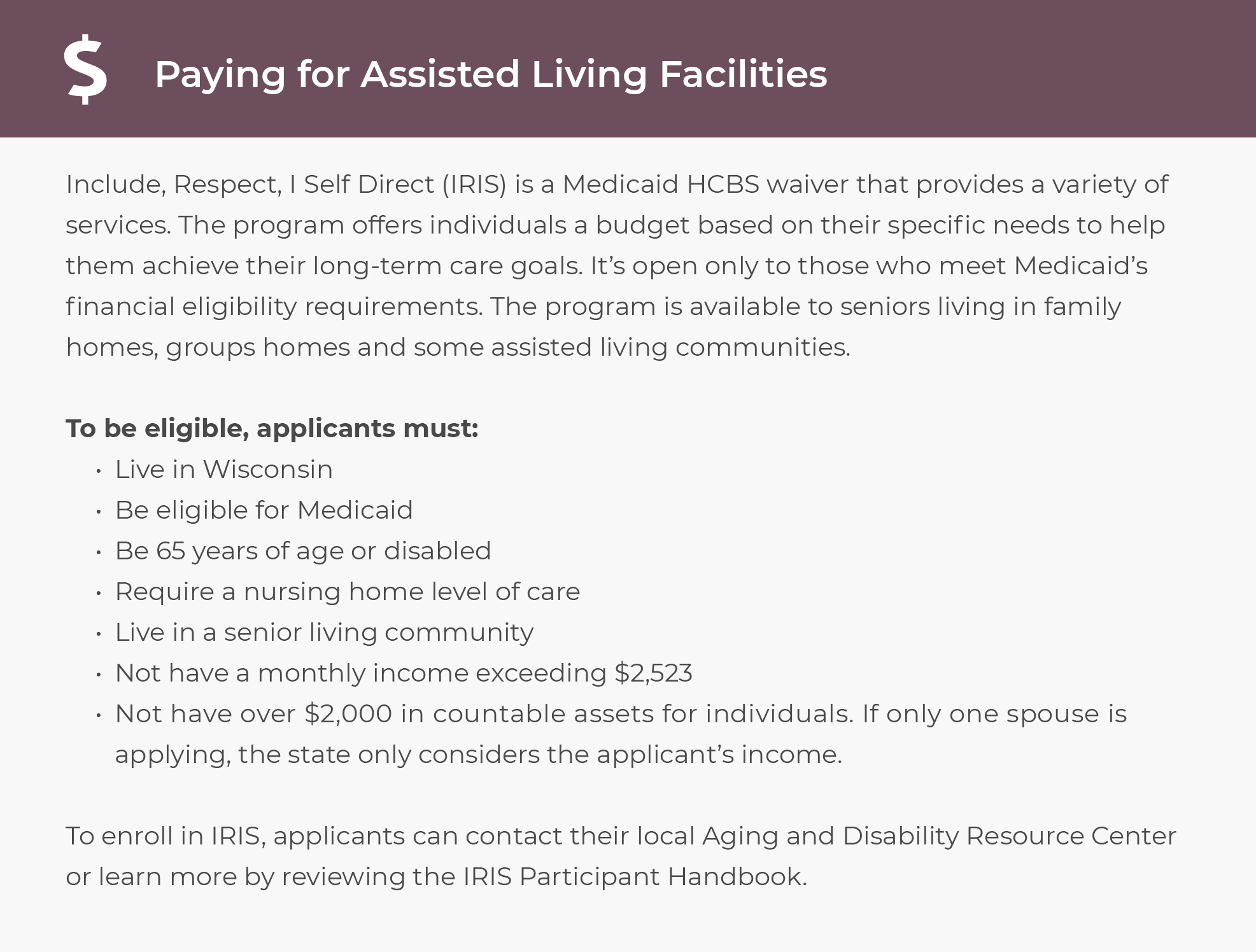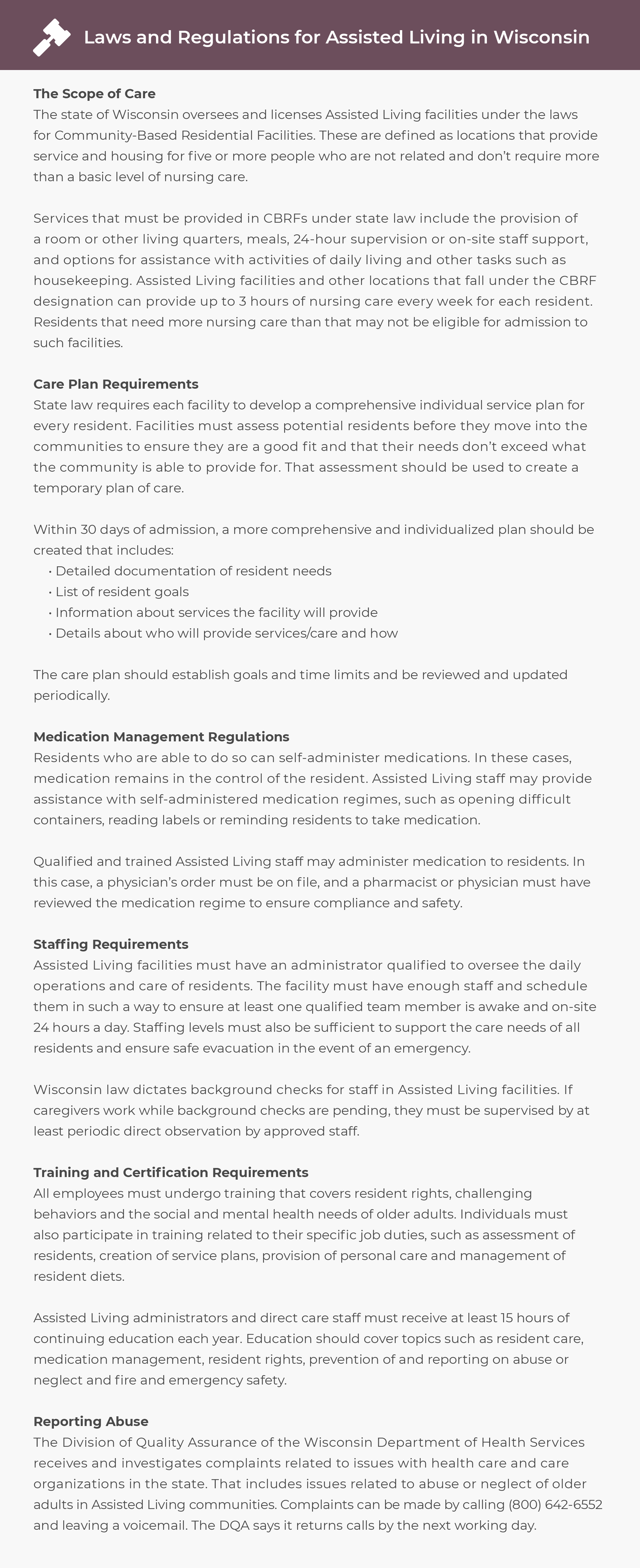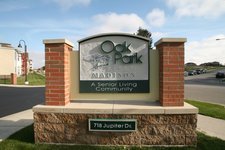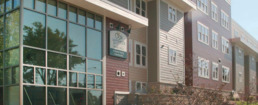Madison surrounds a pair of lakes, providing beautiful views and numerous outdoor recreational opportunities for active adults. Its growing population of almost 270,000 residents includes nearly 32,400 seniors aged 65 or older. Older adults stay engaged with the city’s many free events and benefit from its 11 accredited hospitals, including the nationally-ranked University of Wisconsin Hospitals. Madison’s combined sales tax rate is among the lowest in the nation. It has an above-average overall AARP livability score, with high marks for air quality, local transit service frequency and easy park access.
Assisted living is ideal for older adults needing various personal and medical care levels. The home-like settings promote residents’ independence while offering services to help them with daily living activities. According to the 2021 Genworth Cost of Care Survey, Madison’s monthly average assisted living cost is $4,800, lower than the state and national averages.
This guide offers a helpful overview of assisted living in Madison. Readers receive information on the average assisted living costs in nearby cities compared to Madison and descriptions of several free or low-cost resources designed for seniors.
Hundreds of thousands of American seniors utilize assisted living, a figure that is only growing. For these seniors, assisted living combines residential housing,assistance in daily activities, and some healthcare. These communities also strive to provide an atmosphere that is comfortable and engaging for their residents… Read More >
COVID-19 restrictions and rules for Assisted Living Facilities are typically set by the state – to see the rules in your state, you can read our guide to Assisted Living in Wisconsin. Keep in mind that there may be other policies that communities put in place to protect their residents, so you should contact your local community for more information. Additionally, you can contact your local Area Agency on Aging to learn more – find contact information here.
Madison’s average assisted living cost is $4,800 per month, but this amount varies by assisted living communities based on amenities, services and other factors.
Assisted living in Madison is higher than the state average of $4,600 by $200. It’s also higher than the national average of $4,500 by $300 a month.
Madison’s above-average assisted living cost is more expensive than several other cities in Wisconsin. Average prices in Wausau and Fond du Lac are among the lowest compared at $4,125 and $4,175, respectively. Eau Claire and Green Bay also boast average costs cheaper than Madison at $4,375 and $4,450. Sheboygan is closer in price at $4,625 per month.
However, Madison doesn’t have the highest cost in the state. Oshkosh is higher at $5,157, followed by Milwaukee at $5,324. Racine has the most expensive average at $5,450 per month.

Since not everyone can afford to pay for assisted living out-of-pocket, it’s important to find alternative methods to help make assisted living more affordable. Some of these options include:
For more information about your options for making assisted living more affordable, visit our guide to Assisted Living in Wisconsin.
|
Resource |
Contact |
Description |
|
(608) 262-1156 |
The Senior Learning Program in UW–Madison Continuing Studies offers continuing education programs for adults aged 50 and older in the greater Madison area. They may join non-credit classes covering writing, history and languages, among others. Adults aged 60 and older also may participate in free Senior Guest Auditing of UW-Madison courses with the instructor’s approval. Other programs include participatory learning experiences through Participatory Learning and Teaching Organization (PLATO), a senior learning organization. Retired UW faculty also present the Eloquence and Eminence program, an award-winning lecture series. | |
|
(608) 261-9930 |
The Area Agency on Aging of Dane County supports seniors aged 60 and older. While it gears many services toward helping seniors remain in their homes, AAA offers some beneficial assisted living programs. These services may include its Elder Benefit Specialist Program, prescription drug programs, Evidence-Based Health Promotion Workshops and a legal services program. | |
|
(608) 266-6581 |
The Madison Senior Centers offers a range of programs to help keep seniors active and engaged. Some regular activities include clubs and groups, cultural events, health and fitness, entertainment, lifelong learning and special events. | |
|
(608) 238-7787 |
RSVP provides volunteer opportunities for seniors aged 55 or older who want to give back to their community. Volunteering also allows participants to stay active, meet new friends and feel satisfied knowing they’re making a difference. RSVP matches opportunities with its volunteers’ interests and schedules. Common options include foster grandparenting, tutoring children, driving seniors and volunteering at one of more than 85 community nonprofit and government organizations. | |
|
(800) 815-0015 |
The Long-Term Care Ombudsman assists long-term care facility residents by responding to complaints against these facilities, such as care issues within residential facilities or managed long-term care program services. Ombudsmen work with residents, their families and agencies to investigate and resolve problems. They also provide information, consultations and referrals to improve the quality of care in long-term facilities, including assisted living. | |
|
(608) 243-5690 |
The Wisconsin Institute for Healthy Aging provides scientifically proven self-management education programs that help aging adults improve their self-care. Programs of interest include diabetes prevention, healthy living with chronic pain, living well with chronic conditions, physical activity for lifelong success and tai chi. It also offers a seven-week falls prevention program called Stepping On, specially designed for older adults. |
Assisted Living Facilities in the Madison area are required to follow a set of rules and regulations that are determined at the state level. For an overview of those rules and regulations, see the information below. For more specific information, talk with your local community or Area Agency on Aging.
























